Highhardness grinding forgings
High-hardness grinding forgings are specialized components that are manufactured through a precise and rigorous process to achieve exceptional durability, strength, and resistance to wear. These forgings are typically used in demanding industrial applications where high mechanical stress, abrasive environments, or extreme operating conditions are present. The combination of high hardness and superior material properties makes them indispensable in industries such as aerospace, automotive, energy, and heavy machinery.The production of high-hardness grinding forgings begins with the selection of high-quality raw materials, often alloy steels or other advanced materials that exhibit excellent strength and toughness. These materials are chosen for their ability to withstand high loads, resist deformation, and maintain structural integrity under harsh conditions. The forging process involves shaping the metal through controlled heating and mechanical force, which aligns the grain structure of the material to enhance its mechanical properties. This results in a component with improved fatigue resistance, impact strength, and overall durability.After forging, the components undergo a series of heat treatment processes, such as quenching and tempering, to achieve the desired hardness and toughness. Heat treatment is critical for optimizing the material's microstructure, ensuring that it can endure high-stress applications without failure. The precise control of temperature and cooling rates during this stage is essential to avoid internal stresses or defects that could compromise the component's performance.Once the heat treatment is complete, the forgings are subjected to grinding operations to achieve the required dimensional accuracy and surface finish. High-precision grinding is necessary to ensure that the components fit seamlessly into their intended applications, minimizing friction and wear. Advanced grinding techniques, such as CNC (Computer Numerical Control) grinding, are often employed to achieve tight tolerances and consistent quality.The final step in the production of high-hardness grinding forgings is quality control. Rigorous testing methods, including hardness testing, ultrasonic inspection, and dimensional verification, are used to ensure that each component meets the highest standards of performance and reliability. These tests confirm that the forgings can withstand the extreme conditions they will encounter in real-world applications.High-hardness grinding forgings are essential for applications where failure is not an option. Their ability to resist wear, maintain strength under high loads, and operate reliably in challenging environments makes them a cornerstone of modern industrial engineering. Whether used in critical machinery, precision tools, or high-performance equipment, these forgings play a vital role in ensuring efficiency, safety, and longevity in a wide range of industries.
Products
Category:
No search results found!
News
Category:
No search results found!
Case
Category:
No search results found!
Video
Category:
No search results found!
Download
Category:
No search results found!
Job
Category:
No search results found!
Featured Products
No search results found!


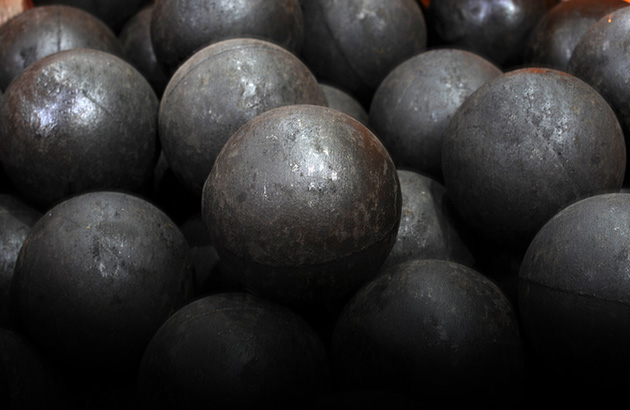
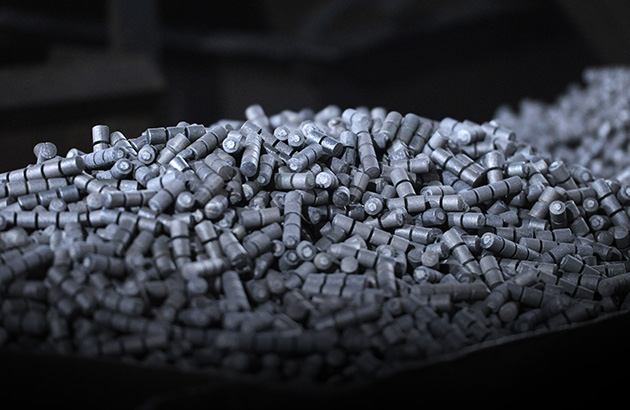
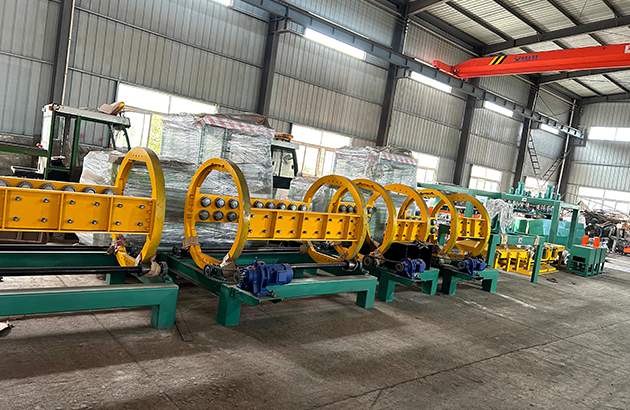


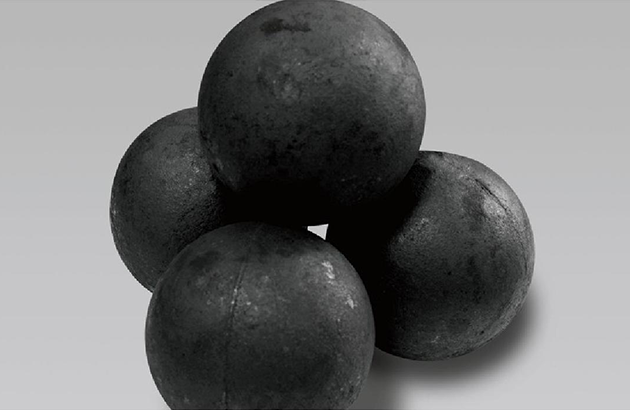
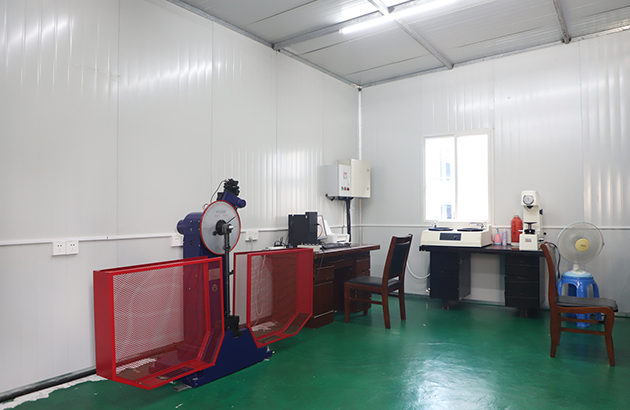
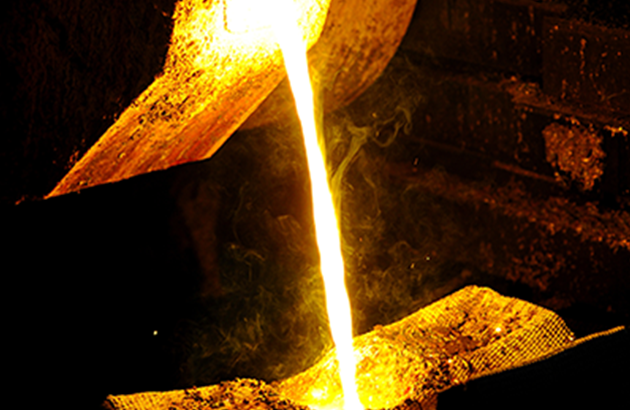
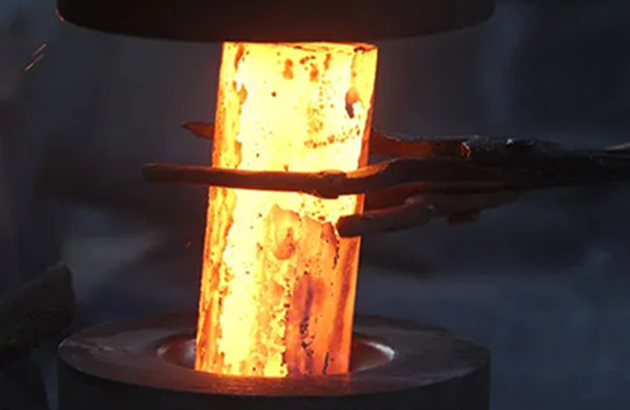






 Phone
Phone